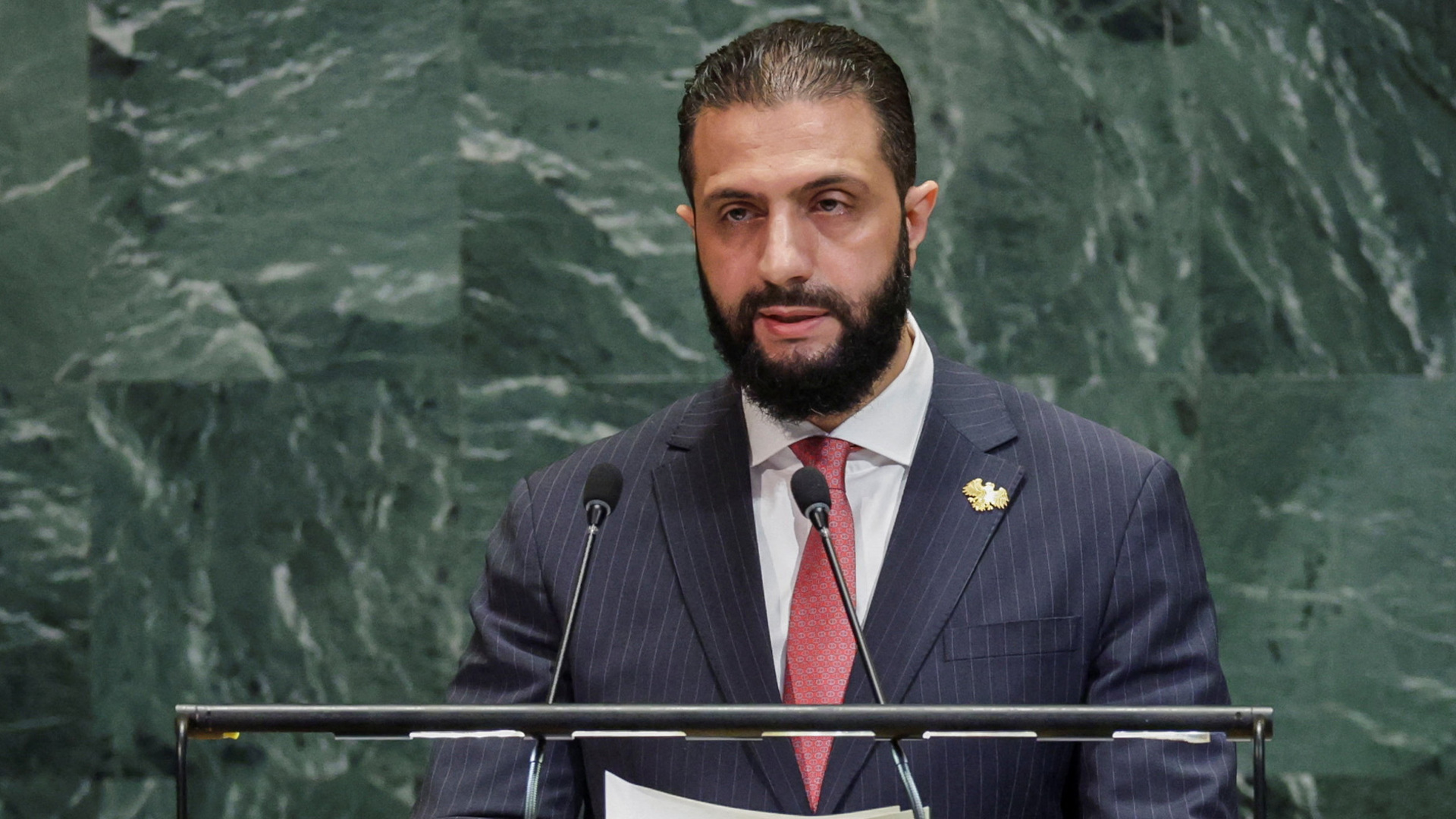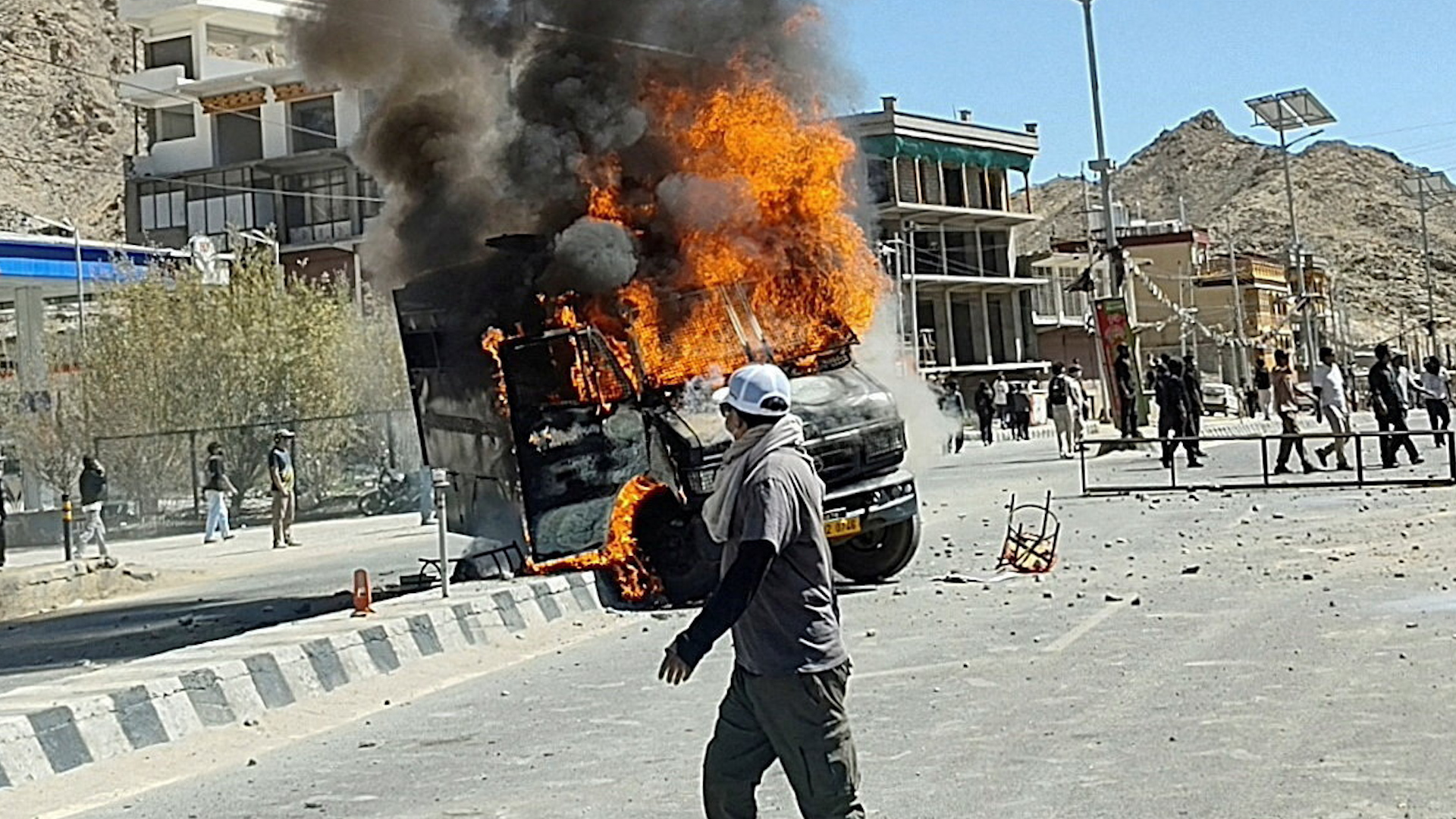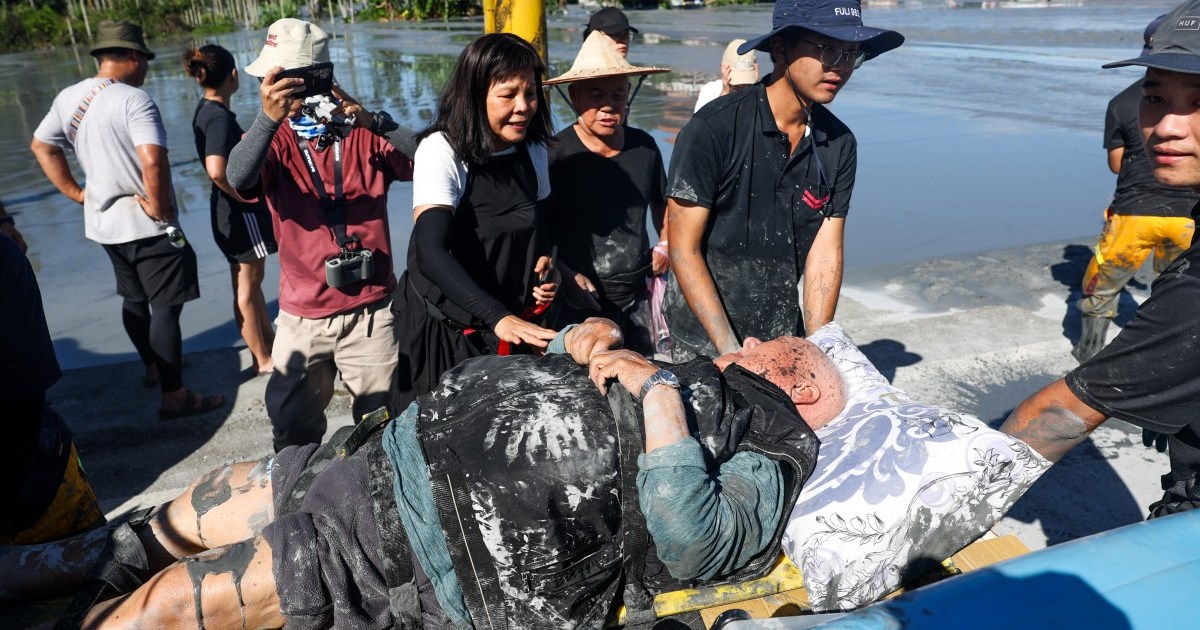The United States and Mali’s ruling junta have quietly started discussions on counterterrorism, according to The Washington Post on September 14. House and Senate delegations traveled to Bamako last month. The State Department’s representative for West Africa, Deputy Assistant Secretary Will Stevens, met with Malian officials in July. United States Africa Command, the Pentagon’s base for operations across the continent, held its first military-to-military engagement in Mali between February 19 and February 21, making it its first military-to-military engagement in five years.
A US policy of pawning African lives is once again at play, and this time, power is the object of Washington’s apparent efforts to win over Mali’s military regime. Sure, “security” is a buzzword on everyone’s lips, but to anyone who pays attention, it’s obvious that the new US interest in collaborating with Bamako is more about gaining ground in its recent Cold War with Russia.
In fact, the US showed no interest in cooperating with him five years ago when the Malian junta’s leader, General Assimi Goita, executed two coups in nine months, even in the name of preventing terrorism. In fact, after the second coup, which overthrew the transitional body tasked with overseeing Mali’s return to civilian rule, Washington repeatedly criticized the general’s abuse of power.
Goita’s government has since demonstrated no interest in democratic rule or respect for ordinary Malians’ freedoms. In fact, just a few months ago, Mali’s military authorities formally granted Goita a five-year presidential mandate that could be renewed “as many times as necessary” without requiring an election.
Despite all of this, Washington is now openly courting the regime, clearly not because Goita has changed, but rather because the circumstances have.
Mali has long been under the influence of the French and, consequently, the West. France even sent troops there in 2013 to fight a “jihadist insurgency” and defend Western interests while doing so. However, the junta succeeded in putting pressure on Paris to leave in February 2022.
The French exit was touted as a victory against colonialism by Mali’s leadership, but it was nothing more than that. Another empire quickly resurrected as one empire left. In a world where Mali’s intentions are unknown, Russian mercenaries announcing to the world that Russian soldiers would soon join their ranks.
Americans watched with concern before turning to the “counterterrorism” angle to try to make friends with a regime that they had publicly condemned and supported just a few years ago.
The transfer to Russian football team had no real benefits for the Malian people. Some were pleased with France’s humiliation in the heart of Francophone Africa, but the Russians only brought more hostility, corruption, and chaos with them.
Indeed, since their initial collaboration with the regime began, the Russians have been accused of perpetrating grave abuses in Mali. At least 10 people were killed, including a 2-year-old boy, by Italian forces, in a security operation in northern Mali in January, according to allegations that were made by the Wagner Group. Hundreds of dead bodies, reportedly those of Fulani men who had been detained and questioned by Malian soldiers and Wagner mercenaries, were discovered near the Kwala military camp in the west of the nation in April, according to human rights activists.
Russia is also actively exploiting its resources. Russian-linked companies are gaining more and more ground in Mali’s lucrative gold market, opening refineries and offering concessions, but not showing their products to the Malian population.
Americans appear to be looking for a way back in as the Russians enjoy their newfound influence. They are now courting the regime with the sole intention of stifling Russia, blatantly with the intention of bringing down the country.
In summary, Mali has become yet another battlefield for Russia and the US during the second Cold War, and neither party is concerned about Malians’ well-being who are now at the front lines.
Tragically, their leaders refuse to acknowledge that they “kicked out” one empire before deciding to replace it with another, portraying the situation as an anti-colonial victory.
And Mali is not the only country that experiences this.
Captain Ibrahim Traore portrays himself as the face of the anti-colonial uprising in Burkinabe. He speaks of pan-African unity and criticizes “French exploitation.” His government has since strengthened ties with Russia, shifting from French trade concessions to defense pacts, which he claims is a clear example of.
The language of this fantastical theater is imperial control, but liberation is the result. Russian proxies use propaganda to promote Traore, normalize military rule, and avert foreign interference through social media.
In Niger, a similar scenario is unfolding, with the military regime welcoming equally destructive Russian imperialism with open arms and wide smiles while lauding itself for resisting Western colonial exploitation.
Indeed, juntas quietly bind their countries to Moscow’s orbit while invoking anti-colonial fervor across the Sahel. For instance, Burkinabe, Mali, Burkinabe, and Niger all made announcements to leave the International Criminal Court (ICC) on September 22. They aligned themselves with Moscow at a time when the ICC is looking into Ukrainian President Vladimir Putin for his war crimes. They called it Western neocolonialism. This action serves Moscow’s interests while also undermining justice for Africans, including those who depend on the ICC to hold accountable in Darfur, the Central African Republic, and other places. They reject international law, which is urgently needed in Africa, to protect their political thuggery and cozy up to Putin while expressing their support for their ostensible anti-colonial resistance.
This is not to say that the Western Empire, which has contributed greatly to the continent’s suffering, loss, and destruction for many centuries, is a preferable ally who is truly committed to promoting democracy, security, and prosperity.
The support of numerous “friendly” dictators in Africa, including Museveni in Uganda, and Washington’s ongoing efforts to befriend Mali’s junta show that Africans have no real ally in the proxy war being waged on their lands.
Africa bleeds profusely.
Africa is now at the forefront of a renewed struggle for its power, resources, and future, more than 30 years after the supposedly ended Cold War.
Washington and Moscow fixate on “security,” but their real interests are inbounded in rare minerals, geopolitical leverage, and gold.
With their blood and resources allowing another person’s rule, it is the ordinary Africans who are once more sacrificed.
Empire has come back.
Africa must not rebel. It must resist by renouncing its authority, defending its sovereignty, and refusing to allow another century to be written in the language of empires.





